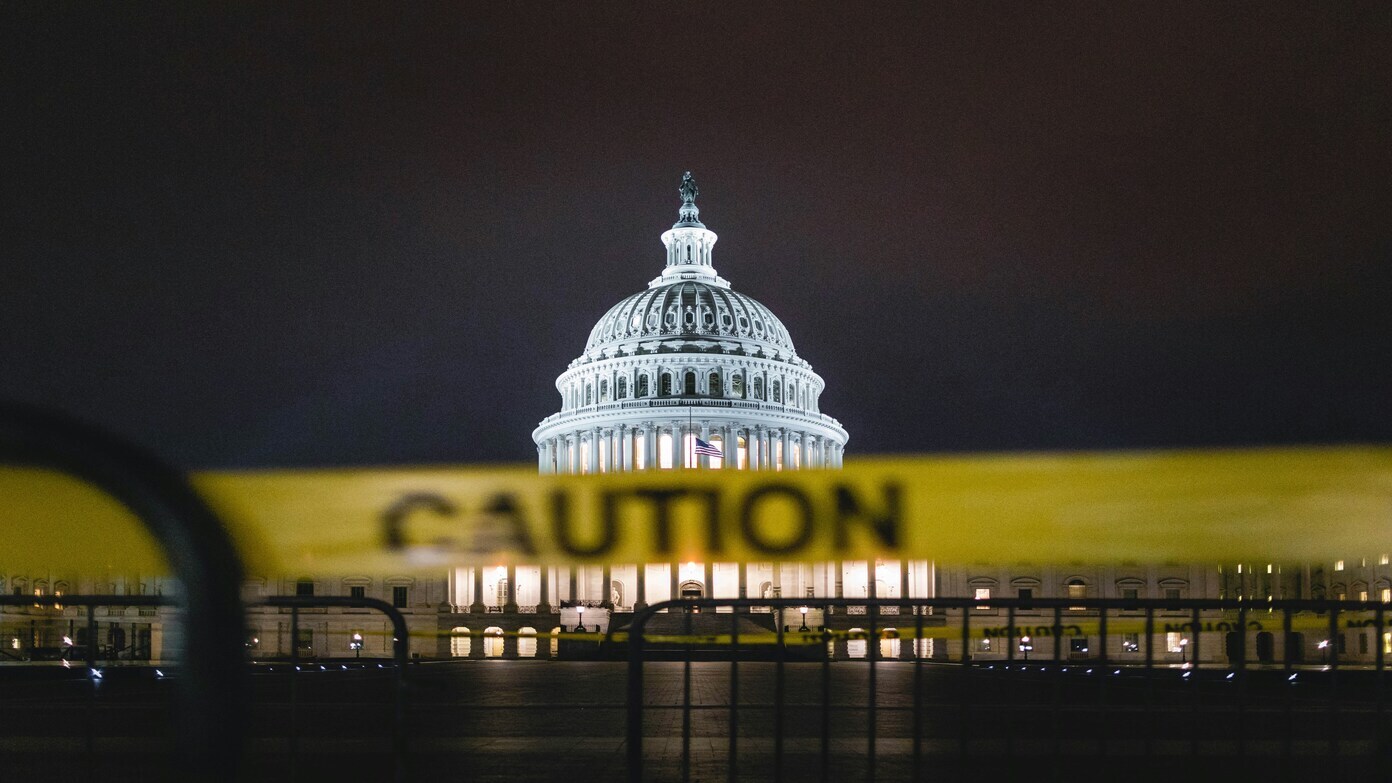A government shutdown deadline approaches
Time is of the essence, and Congress is once again playing chicken with a government shutdown. If Congress cannot agree by October 1, the federal government will come to an abrupt halt. With both the Senate and House dug in, there seems to be no middle ground on the horizon.
Lawmakers are away in their home states, Washington is still, and the standoff continues to intensify. The House passed a Republican-written spending bill, but it was immediately rejected by the Senate, which wrote its own, and the House ignored it. The stage now is set for an eleventh-hour showdown, with neither chamber willing to budge.
The blame game in full swing
Finger-pointing has been the main order of business. Republicans say Democrats would be responsible for a shutdown. Rep. Tom Cole (R-Okla.), chairman of the House Appropriations Committee, reasoned bluntly: “If there’s a shutdown, it’s because Democrats wanted to shut it down.”
Democrats are just as confident that the blame would land on the GOP. House Minority Leader Hakeem Jeffries (D-N.Y.) shot back: “Republicans will own a government shutdown.“
Such finger-pointing, however, has stalled negotiations. Both sides seem convinced that the public will turn on the other, and compromise is therefore less attractive than political theatrics.
What’s at stake
The House GOP bill is the so-called continuing resolution (CR) — essentially a stopgap measure that keeps appropriations at current levels. Republicans label it as “clean”, but Democrats contend it would extend policies of Trump’s last “One Big Beautiful Bill Act” that they say could slice health programmes and benefits for poor families.
At-risk projects are funding for medical research, mental health services, and food aid to needy families. Democrats are also pushing for quick action to preserve expanded ObamaCare subsidies that expire at the end of the year.
The calendar controversy
Hostilities were ratcheted up further when House Speaker Mike Johnson (R-La.) delayed votes scheduled in late September, in essence giving lawmakers an extended break as the clock ticks down. The move was decried as irresponsible by Democrats, with Rep. Rosa DeLauro (D-Conn.) labelling it “shameful”.
Even some Republicans admitted the timing was bad. “I don’t think it’s a good look to be home when the government shuts down,” Cole admitted
Trump’s influence
Trump has urged Republicans in the White House to spurn negotiations with Democrats, framing the fight as one of toughness. “Don’t even waste your time negotiating with them,” he told reporters. That advice has only hardened Democratic resistance and made a shutdown likelier.
But political history shows that there is nothing impossible with an eleventh-hour deal. The parties grudgingly collaborated earlier this year to pass a comparable appropriations bill. But there is one difference now: more pressure and heightened partisan mistrust.
Why it matters for Americans
If Congress does nothing, the effects are felt nationwide. Federal workers may be sent home; from national parks to the IRS, agencies could shut down, and many government services would be hindered. Although essential operations like Social Security payments and military pay usually continue, a shutdown brings inefficiency and disarray that ripples throughout the economy.
With days remaining before the deadline, Americans are taking a seat on the sidelines to observe a political battle of wills that potentially leave them in the middle.
Read this later
What are the new H-1B rules that President Donald Trump has announced
Was there any damage from the earthquake in San Francisco this morning?
Confusion over H-1B visa: White House forced to clarify rules over new $100,000 fee
Is Trump allowed to push Attorney General Pam Bondi to prosecute his opponents?
Peter Navarro slams Fed despite interest rate cut
Government shutdown fight goes to the Senate as Houses passes funding bill
Key takeaways
- Shutdown deadline: Congress has until Oct. 1 to enact legislation to avoid a government shutdown.
- Partisan standoff: Republicans and Democrats are accusing each other rather than negotiating.
- What’s at risk: Health care programmes, nutrition assistance, and enhanced ObamaCare subsidies are on the line.
- Bad optics: Legislators are in recess while the crisis hangs over them, which has generated public ire.
- High stakes: A shutdown would impact services, furlough employees, and rattle public confidence.

